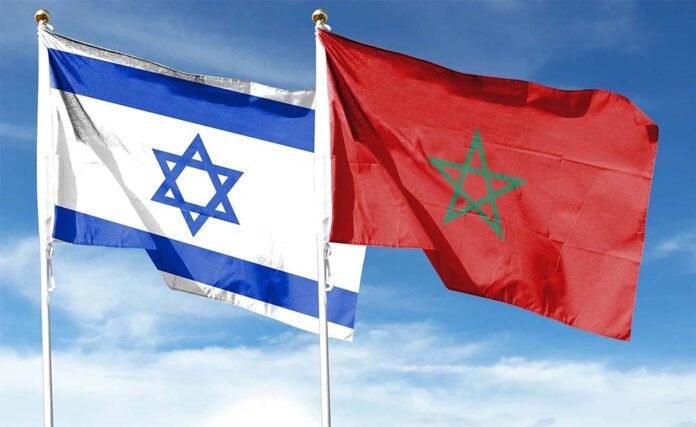Tel Aviv: The rapid growth of military cooperation between Israel and Morocco is causing serious concerns in France. Israel is displacing France as a key defence partner for Morocco, resulting in lost contracts, diminished influence, and deeper strategic complications in North Africa.
Morocco has shifted defence procurement away from France, notably replacing French Caesar artillery with Israeli ATMOS 2000 systems due to repeated technical problems and poor customer service from French manufacturers. This transition was further accelerated by Israeli willingness to transfer advanced technology, set up joint drone production, and support indigenous Moroccan aerospace development, aspects France was much less open to providing.
The Israeli ministry of defence is now evaluating a new shopping list submitted by the government of Morocco. In recent years, Morocco has become important customer of the Israeli defence industries.
In some cases, the Israeli systems will have to compete with systems made by the US and France.
Recently Morocco received the first ATMOS 2000 self-propelled artillery systems made by Israeli company Elbit Systems. Last year Morocco received the first Barak MX air defence systems manufactured by Israel Aerospace Industries (IAI). The contract was signed in February 2022.
Morocco is negotiating the purchase of the Delilah short-range cruise missile for its fighter jets and other air launched systems, some that have never been exported. The Delilah missile system was developed by the Israeli company Elbit Systems and will be the first of its kind in the Moroccan army’s arsenal.
Last year, Morocco selected the Rafael Spyder air defence system for its short range air defence needs. In addition, Morocco has also acquired the Israeli advanced loitering weapon systems, the SpyX made by Israeli company BlueBird.
Israel has quickly become Morocco’s third-largest arms supplier, providing advanced drones, air defence, and surveillance satellites, supplanting France’s longstanding role. This weakens French leverage in Rabat and undermines France’s historic position as Morocco’s principal Western military partner—particularly relevant as Paris has historically used its defence ties to influence Moroccan policy on strategic issues such as Western Sahara.
Morocco’s strengthening military partnership with Israel also undermines French efforts to mediate between Morocco and Algeria, risking escalation in the Western Sahara dispute or broader regional instability. France sees Israel’s deepening role as complicating its own diplomatic manoeuvres and weakening its mediation capacity in North Africa’s tense balance.
French officials face internal criticism for losing defence market share and for the political risks associated with Morocco’s pivot, as deep pro-Palestinian sentiment in both French and Moroccan society complicates open support for military deals with Israel.
France’s anger stems from the loss of defence contracts, reduced strategic and diplomatic influence in North Africa, and the broader geopolitical impacts tied to Morocco’s embrace of Israeli military technology and partnership.
-The writer is an Israel-based freelance journalist. The views expressed are of the writer and do not necessarily reflect the views of Raksha Anirveda






